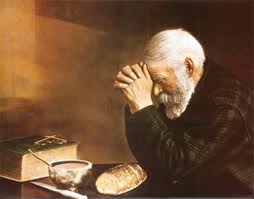Like many Bible stories, the 10 commandments have become something we don’t think much about. Maybe we have just heard them too many times, or maybe we think we have them mastered. Some even argue that the 10 Commandments are no longer relevant. I found my answer as I read through them, preparing for today’s post. They are indeed relevant. They are each necessary and, in fact, while they all work together. As I studied, one that stood out to me more than the others. There is one, that if we sincerely focus on it, will make all the others easier. Unfortunately, it is the hardest one for me to keep. It is found in verse 8 and is seemingly simple. It reads, “remember to keep the Sabbath, and keep it holy.”
What is the Sabbath? It’s a day of rest. We’ve all been taught that. That’s the easy part. I mean, we are all in for a day of rest. Who doesn’t want a vacation; a break from all their troubles? Of course, there is more to a Sabbath. We are also commanded to “keep it holy.” Merriam-Webster describes holy as “devoted entirely to God.” That makes things a little tougher, doesn’t it? You see, a Sabbath isn’t about sleeping all day, or escaping reality through the television, or laying by the pool. Neither is it about being refreshed and “gathering strength to continue the ongoing competition of life.” Those are not bad things, but they may not be a Sabbath. Those things are about me. A Sabbath is about God.
When we Sabbath, we are asked first and foremost to spend time with God. Yes, prayer and scripture reading are part of that. During this time, He will reveal himself to us. This revelation establishes God as the deity and reminds us of his sovereignty. This will produce worship. Unfortunately, most of us will not get there. We will fail to experience God the way he commanded us to. Why not? A simple answer is, fear. Specifically, we are afraid of being alone with God.
Two amazing authors document this fear. First, Henry Nouwen explains that “to truly Sabbath, we must also be silent, and silence, he says, provokes anxiety. Ruth Haley Barton Corroborates this. She refers to silence and solitude as a ‘fearsome’ place. They know and have experienced it, first hand. Of course, our fears are unfounded. In fact, until we finally confront this place of transparency and vulnerability with God, we may always consider ourselves for God, but we will never be with God.
